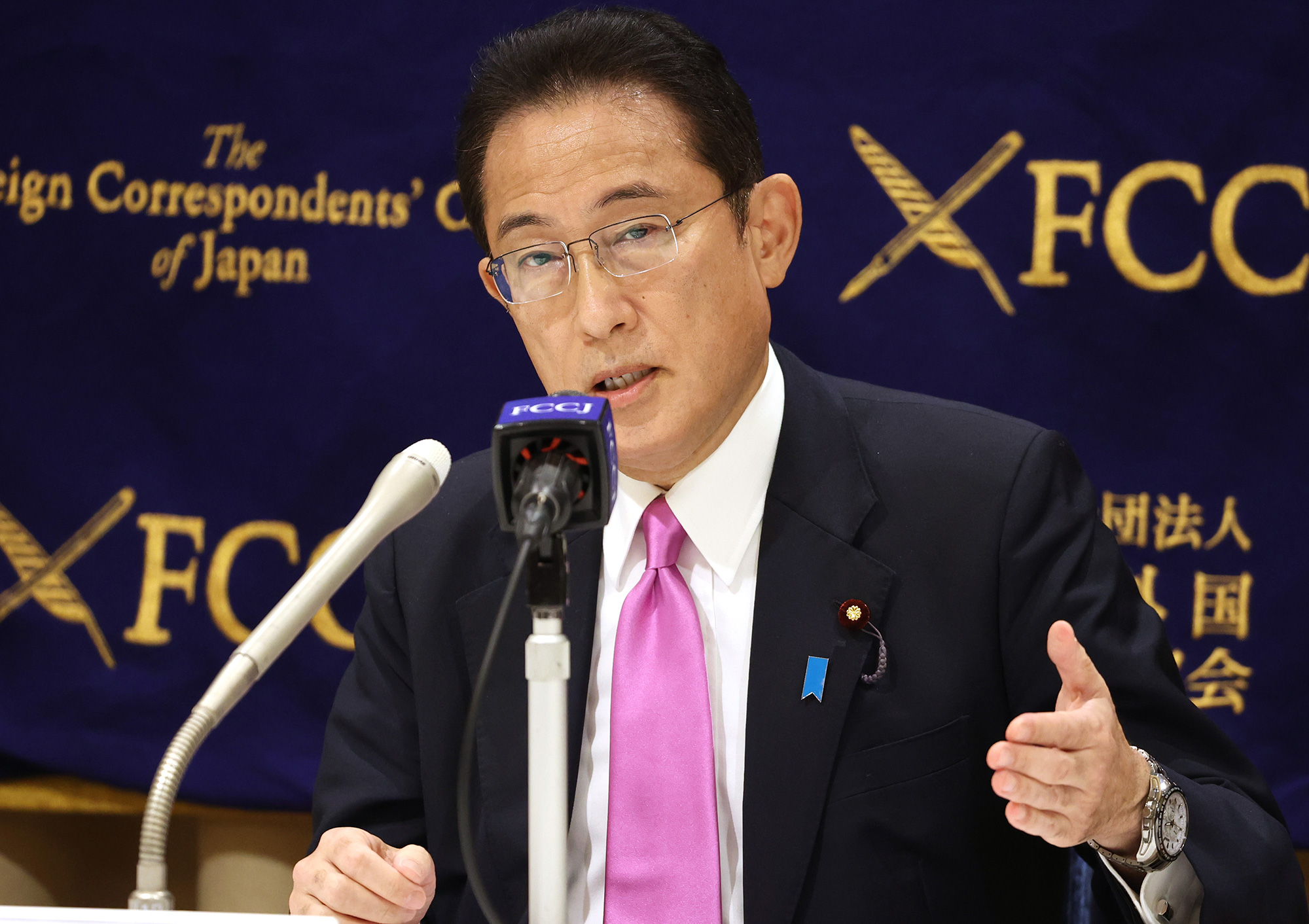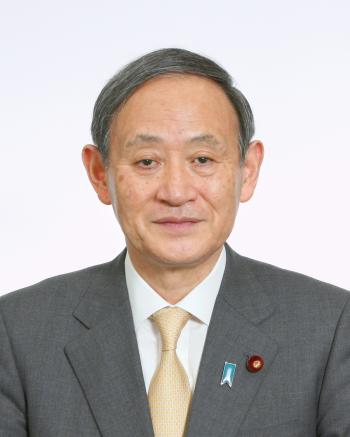Issue:
October 2021
Japan’s mainstream media failed in their duty to hold the powerful to account in coverage of the LDP presidential race

When rumours began circulating that Yoshihide Suga had been forced out – or fallen on his sword – it was seen as a desperate attempt by the Liberal Democratic Party (LDP) to improve its electoral fortunes.
Suga looked tired after a year in office. It was time for a fresh face in a presidential race that would inevitably draw a lot of media attention in the run-up to the lower house elections, which will be held on October 31. And, true to form, that coverage revealed the media’s political bias towards the LDP in a country in which the party already receives the lion’s share of media attention.
The LDP reckoned it risked being badly damaged in the lower house elections due to Suga’s handling of the pandemic and his insistence on holding the Olympics, despite overwhelming public opposition.

Sadly, most Japanese news organizations ended up being taken for a ride. For the best part of a month, they essentially became an LDP propaganda machine, churning out huge volumes of uncritical coverage.
The four candidates were given ample opportunities to outline their policy platforms, and all this for an electorate (LDP lawmakers and local party members) that together make up just 1% of the Japanese population. That means 99% of people had no role in the election, so it’s hard to think of it as a truly democratic exercise worthy of wall-to-wall coverage.
At the same time, the announcement by opposition parties that they would run on a united policy platform and cooperate in single-member seats barely merited a mention.
Yukio Edano, the leader of the Constitutional Democratic Party of Japan, has long tried to counter the LDP’s monopoly on media coverage, but without much success. True to form, the opposition parties’ announcement was buried inside the newspapers and didn’t get much exposure on TV. It meant that Seiko Noda, who never had a realistic chance of becoming LDP leader, was given more air time than Edano, the leader of the main opposition party. This is not a level playing field.
In addition, there was no discussion in the mainstream media of Sanae Takaichi’s track record as an extreme right-winger. None of the coverage even referred to her as a nationalist – a label that the Japanese media only seem to use when referring to politicians in other countries, but never those in Japan.
The media are not interested in investigating and reporting on the records of politicians. Instead, they go out of their way to avoid substantive analysis. This is a major failing, because if voters are to form an idea of what a politician might do in the future, then they need to know what he or she did in the past, and that they are being held accountable for that.
It was the same for Taro Kono, who even got away with describing Japan’s vaccination rollout as a "success", despite its very late start and the resulting extensions to emergency measures in Tokyo and other parts of the country. This demonstrated the weakness at the heart of Japanese election coverage: the media have a laundry list of what it reports, but then fail to establish whether the items on that list are consistent with reality.
The one exception was the Tokyo Shimbun, which refused to get carried away by the LDP leadership bonanza. The race was rarely, if ever, its top news item, and there was a fair amount of criticism of Suga’s record. The Mainichi Shimbun and the Asahi Shimbun, however, were taken for a ride.
I suppose the thinking among media executives is that keeping things simple will bring politics closer to their readers. That may be good for sales, but it allows those in power to come across as benign, and it suggests that newspapers think their readers are stupid. That is hardly the role of a media watchdog. We are talking about life and death issues here, but sometimes it feels like the media are an extra branch of the government, and it isn’t clear which end of the dog they are watching.
For example, Kono said during the campaign that he supported same-sex marriage. Journalists should have then asked him if that policy would be on his agenda if he became leader. But we know that none of the candidates would have dared taken that position as they would have lost votes among the LDP membership. Pressuring Kono on whether gay marriage was something he was prepared to take to voters and then mobilize the resources needed to actually make it happen would have been an indication that the media coverage had some credibility. But it didn’t happen.
Koichi Nakano is a professor of political science at Sophia University in Tokyo and a contributer to international publications such as the New York Times and The Guardian.

